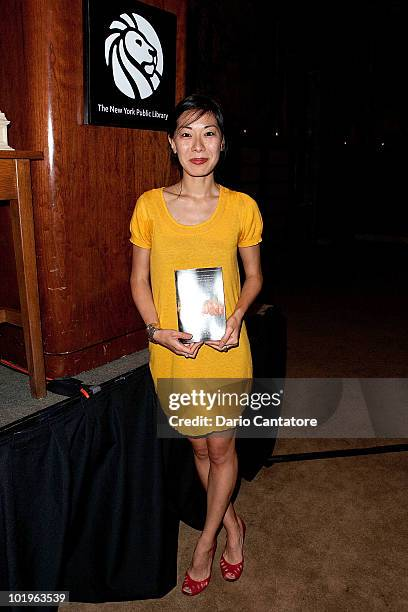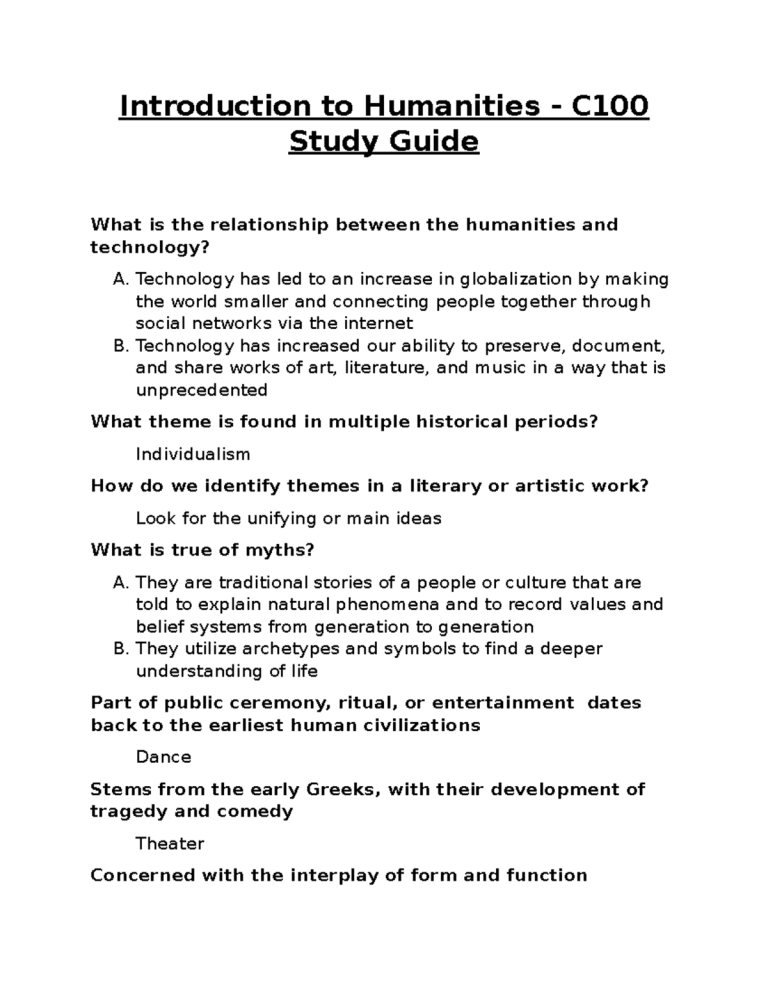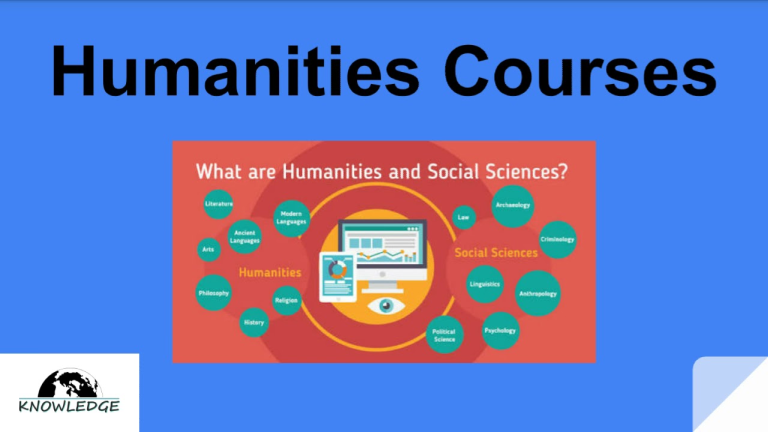Katie Kitamura, an acclaimed author known for her thought-provoking narratives, recently garnered attention for her latest novel, “Audition,” which delves into the complexities of life in middle age. With a background steeped in literature and performance, Kitamura’s work consistently challenges our perceptions of identity and truth. Her upcoming discussion at the Mahindra Humanities Center at Harvard promises to be a fascinating exploration of her unique storytelling approach, particularly how the pandemic influenced her writing process. In a Katie Kitamura interview, she has shared insights on how her characters grapple with the uncanny aspects of everyday life, a theme that resonates deeply in this perilous era. This intersection of literature and performance not only captivates readers but also invites them to reflect on the subtleties of human relationships and the ever-present potential for horror in the familiar.
In the literary landscape, authors often seek to illuminate the intricacies of human experience, and Katie Kitamura’s works exemplify this pursuit effectively. The themes present in her novel, “Audition,” resonate with the notion of performance—how individuals don different masks in their daily lives, reflecting a broader commentary on authenticity and connection. As the world grapples with the residual impact of recent global events, the relevance of pandemic-inspired narratives has surged, prompting discussions about solitude and unity amid crisis. Exploring the artistic discourse surrounding literature and its relationship with performance, Kitamura’s work invites readers to question the boundaries of self-representation and the realities we construct. Her upcoming conversation at the Harvard Humanities Center will further delve into these profound themes, enhancing our understanding of the modern novelist’s role in society.
The Journey of Katie Kitamura in ‘Audition’
Katie Kitamura’s latest novel, ‘Audition,’ encapsulates a pivotal moment in her literary journey. This fifth installment showcases her trademark ability to blend suspense with intricate character studies, reflecting the complexities of midlife. Set against the backdrop of a claustrophobic New York apartment, the narrative explores the dynamics of family life, secrets, and the uncanny—themes that resonate deeply in Kitamura’s oeuvre. Her earlier works, such as ‘Intimacies,’ have carved a niche for her in contemporary fiction; however, ‘Audition’ takes a daring step into horror, building on the edges of psychological tension that her readers have come to expect.
In ‘Audition,’ Kitamura engages with the concept of performance in the daily lives of her characters, drawing a parallel between the roles we play and the darker aspects of human relationships. The protagonist, who is an actor, is constantly aware of the facades others maintain, which raises questions about identity and privacy. Through her exploration of these themes, Kitamura invites readers to reflect on their own experiences, making the novel not just a story but an introspective journey. This creative foray into horror adds a layer of intrigue, as she channels influences from seminal works, melding her distinct narrative style with the unsettling atmosphere of psychological thriller.
Exploring the Intersection of Literature and Performance
Kitamura has long been intrigued by the interplay between literature and performance. In ‘Audition,’ she not only portrays the life of an aspiring actor but also dissects the very nature of identity itself. The way characters adapt their behaviors and emotions in response to their surroundings mirrors the process of acting, revealing the fragility of selfhood in her storytelling. This thematic exploration is central to her works and resonates with the underlying question of how well we truly know one another—an inquiry that is both universal and profoundly personal.
Moreover, Kitamura’s engagement with performance goes beyond mere character development. She positions literature itself as a performance, where the author controls the narrative, shaping how characters and their worlds are perceived. The act of writing becomes a performance in its own right, and for Kitamura, it serves as a powerful tool to examine societal norms and individual truths. In doing so, she elevates her novels to platforms for deeper discourse about authenticity in human interactions, bridging the gap between artistic expression and the existential dilemmas we face.
The Impact of the Pandemic on ‘Audition’
While ‘Audition’ navigates complex themes, its creation during the COVID-19 pandemic has undeniably influenced its narrative. Kitamura has acknowledged that although the book does not explicitly reference masks or vaccines, the essence of confinement and interpersonal tension prevalent during lockdown reflects a pandemic mood. The setting of a small New York apartment, where family members share space and time, echoes a reality many readers faced, making the novel eerily relatable on multiple levels. This undercurrent of pandemic anxiety informs the characters’ dynamics and underscores themes of alienation and intimacy.
By crafting a storyline that resonates with the shared experiences of isolation during lockdown, Kitamura taps into a collective consciousness. This connection not only reinforces the novel’s emotional depth but also illustrates how contemporary sociopolitical contexts shape literature. In a way, ‘Audition’ serves as a time capsule of the pandemic experience, revealing how deeply personal stories can resonate within larger societal crises. Kitamura’s ability to weave such relevant themes into a compelling narrative demonstrates her prowess as a writer who adeptly reflects and critiques the world around her.
Litigation and Secrets in ‘Audition’
Katie Kitamura’s deliberate choice to infuse ‘Audition’ with themes of secrecy and litigation mirrors contemporary societal issues surrounding privacy and transparency. The protagonist’s profession as an actor highlights the duality of public persona versus private self—a battle that resonates deeply in today’s digital age, where personal lives are often exposed for public consumption. Kitamura’s exploration of these themes prompts readers to question their understanding of intimacy and the weight of undisclosed truths in relationships.
The secrets that seep into the narrative create a palpable tension, reflective of Kitamura’s writing style that often leaves readers on the edge of their seats. As the protagonist navigates her relationships, the notion of performance becomes intertwined with the need to conceal true emotions and identities. This layering of secrecy within the framework of familial and marital bonds not only elevates the stakes in ‘Audition’ but also serves as a commentary on the complexities of human connection. Kitamura deftly illustrates that open dialogue is often overshadowed by the fear of vulnerability and the societal expectation to maintain certain performances in our daily lives.
The Role of Fiction in a Shifting Landscape
In the world of literature, the importance of fiction cannot be understated, especially in turbulent times marked by political shifts and ecological crises. Kitamura’s insights during her discussions about writing at the Harvard Humanities Center reveal her belief in fiction as a bridge between imagination and reality. Through her novels, she continues to champion the power of storytelling to illuminate truths, provoke thought, and foster connections—elements that are incredibly vital in a society that often feels fragmented.
By engaging with her students and audiences about the implications of writing during challenging periods, Kitamura emphasizes that literature serves as a vehicle for understanding and engaging with the world around us. In ‘Audition,’ she skillfully weaves these reflections into her narrative, encouraging readers to explore not just the stories on the page but also their own narratives in the real world. As readers resonate with her themes, they are reminded that the act of reading can inspire discussions and lead to collaborative efforts in addressing the pressing issues of our time.
Understanding Katie Kitamura’s Creative Process
Katie Kitamura’s creative process is an intricate dance between introspection and observation, leading her to craft narratives that evoke both emotion and inquiry. Through the lens of her latest work, ‘Audition,’ we get a glimpse into how her experiences and societal contexts shape her storytelling. Working as a writer in an ever-evolving landscape, Kitamura reflects on how the environment, including the recent pandemic, influences her themes and plots, making her work deeply resonant with readers.
In her interviews and discussions, she often articulates the significance of observing life’s subtleties and the complexities of human relationships. By blending personal insights with broader societal critiques, she engages audiences on multiple levels. Each character in ‘Audition’ serves not just to drive the plot forward but also to reflect the nuanced truths of contemporary life. Kitamura’s engagement with elements of performance and the malleability of identity in her characters showcases her dedication to a writing practice that is both considered and experimental.
Literature and Art: A Symbiotic Relationship
Katie Kitamura’s exploration of the intersection between literature and art manifests vividly in her fiction. With a keen appreciation for visual arts, her works often contain layers of artistic engagement that enrich the narrative. In ‘Audition,’ the protagonist’s life as an actress reveals the complexities of performance art, prompting readers to consider the broader implications of how we interpret and represent reality. Kitamura’s writing invites parallels to visual art, pushing the boundaries of how literature operates as a form of art itself.
This symbiotic relationship between literature and visual performance underscores the depths of Kitamura’s artistic pursuits. By imbuing her writing with the considerations of artistic representation, she allows readers to immerse themselves in a multi-dimensional experience. Kitamura’s recognition of how different forms of expression resonate with one another fosters a dialogue about the essentiality of creativity in understanding the human experience. As she teaches and writes, her insights advocate for the continuous reflection on how literature can simultaneously inspire and be inspired by various art forms.
The Significance of Audience Engagement in Literature
Katie Kitamura’s emphasis on audience engagement highlights the transformative power of literature in forming connections among diverse individuals. As she addresses audiences, whether through teaching or literature festivals, she advocates for the profound impact that carefully crafted stories can have on readers. Her discussions often center around the responsibility of the writer to encapsulate complex themes in ways that resonate with audiences, a task she takes seriously in her own work, especially in ‘Audition.’
Through engagement with her readers, Kitamura emphasizes the role of literature in fostering understanding and empathy in a divided world. In ‘Audition,’ she succinctly weaves narratives that invite readers to question their realities and explore the nuances of family, identity, and performance. This acknowledgment of literature’s potential to bring people together amid differing experiences is a testament to Kitamura’s commitment to her craft, encouraging both reflection and discourse within her audience.
Navigating Identity Through Storytelling in ‘Audition’
In ‘Audition,’ Katie Kitamura delves into the complexities of identity through the lens of her protagonist’s experiences in the acting world. The novel intricately examines how the roles individuals adopt impact their self-perception and relations with others. By positioning her character within the realm of performance, Kitamura not only crafts a compelling narrative but also illustrates the fluidity of identity—an aspect that resonates strongly in contemporary discussions around personal and social identity.
Kitamura’s exploration of identity extends beyond mere performance; it also raises questions about authenticity and the societal constructs that influence our self-understanding. As characters grapple with their identities influenced by external expectations, readers are prompted to reflect on their own experiences with the roles they play in daily life. Through her nuanced storytelling in ‘Audition,’ Kitamura champions the richness of individual experience, reminding readers of the complexities inherent in understanding oneself and others.
Frequently Asked Questions
What themes does Katie Kitamura explore in her novel ‘Audition’?
In her novel ‘Audition’, Katie Kitamura explores themes like the complexities of midlife, the nature of personal performance, and the eerie truths that can surface in intimate relationships. Set against the backdrop of a family’s New York City apartment, the story delves into the uncanny aspects of familiar dynamics and the unsettling feelings that accompany motherhood and partnership.
How did the pandemic influence Katie Kitamura’s writing of ‘Audition’?
Though ‘Audition’ does not directly reference the pandemic, Katie Kitamura acknowledges that she wrote the novel during that period, which inherently influenced its themes. The story reflects a sense of confinement and interpersonal tension among family members, capturing aspects of life during lockdown, making it resonate as a pandemic novel.
Can you learn more about Katie Kitamura’s perspectives on performance in relationships?
Yes, Katie Kitamura frequently discusses how performance plays a critical role in relationships. In her works, she suggests that individuals adapt and learn how to interact through performance, but she also highlights the importance of recognizing the ‘cracks’ in these performances, which can reveal deeper truths about ourselves and those we are closest to.
What notable career achievements does Katie Kitamura have?
Katie Kitamura is a celebrated author known for her novels, including ‘Audition’ and ‘Intimacies’. She was recently named a 2025 Guggenheim Fellow in fiction, underscoring her status in contemporary literature. She also teaches writing at NYU, contributing to the field of literature and performance.
How does Katie Kitamura’s ‘Audition’ connect to literature and performance themes?
In ‘Audition’, Katie Kitamura intricately weaves themes of literature and performance into her narrative. The central character, an actor, navigates the complexities of identity and role-playing both on and off stage. Kitamura examines how personal performances shape our interactions and the often-hidden aspects of our lives.
What is a notable conversation Katie Kitamura had about her work?
Katie Kitamura recently engaged in a conversation with Claire Messud at the Mahindra Humanities Center, where she discussed her latest novel ‘Audition’. They explored her fascination with genre, the influence of horror in her stories, and the underlying social commentary present in her writing.
What are some of the key motifs present in ‘Audition’ by Katie Kitamura?
Key motifs in ‘Audition’ include the duality of appearances versus reality, the psychological tension of familial relationships, and the exploration of privacy within personal connections. Kitamura uses these motifs to delve into the complexities of identity and the unseen struggles individuals face.
What literary influences can be seen in Katie Kitamura’s writing?
Katie Kitamura has cited various literary influences in her writing, particularly in ‘Audition’. She draws inspiration from works of horror, such as Ira Levin’s ‘Rosemary’s Baby’, highlighting how these narratives of troubled motherhood and psychological tension inform her exploration of contemporary themes.
| Key Points | Details |
|---|---|
| Katie Kitamura’s background | Kitamura is a novelist and recently became a 2025 Guggenheim Fellow. She lives in Brooklyn. |
| Upcoming Event | Kitamura will be in conversation with Claire Messud at the Mahindra Humanities Center at Harvard. |
| Theme of “Audition” | Explores the tension between reality and performance amidst uncertainty in middle age. |
| Influence of Horror Genre | Kitamura aims to convey a horror-adjacent feeling by twisting familiar perceptions and relationships. |
| Pandemic Influence | Though not explicitly a pandemic novel, themes of confinement and family dynamics reflect experiences during this period. |
| Importance of Fiction | Kitamura emphasizes the necessity of reading and writing fiction in understanding and improving reality. |
| View on Communication | She believes in preserving personal privacy within relationships, suggesting full disclosure can be a myth. |
Summary
Katie Kitamura presents a compelling examination of the intersection between art and reality in her latest novel, “Audition.” As she prepares for her upcoming event at Harvard, she engages deeply with themes of performance and the nuanced dynamics of interpersonal relationships. Kitamura’s reflections on horror and the effects of societal changes underscore the significance of literature in forging connections amid adversity. Her thoughts invite readers to appreciate the art of fiction not just as escapism, but as a vital tool for understanding ourselves and each other.




